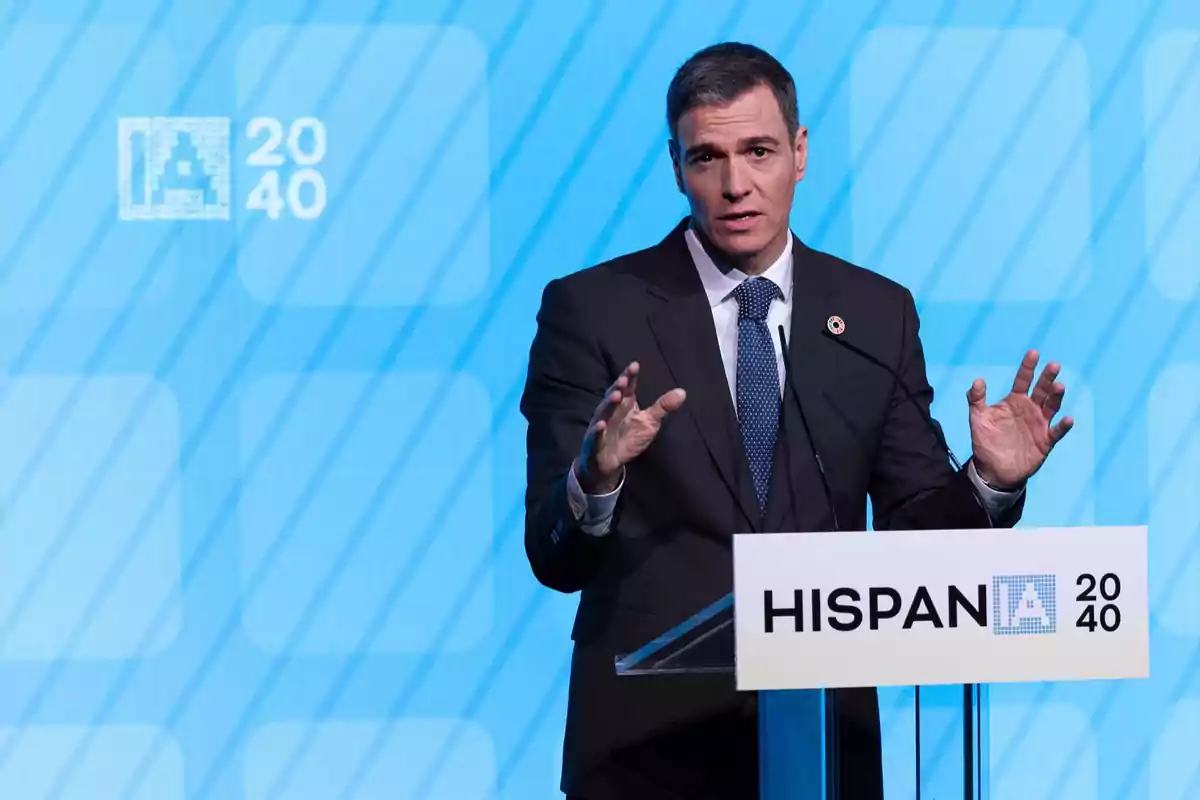
Ione Belarra's Hypocrisy in Calling Sánchez an ''autocrat''
Belarra stated that Sánchez has become an 'autocrat' and that Sumar is now a 'figurehead party' in the Government
In a recent interview on 'Cafè d'idees' on La 2 of RTVE, Ione Belarra, leader of Podemos, lashed out at Pedro Sánchez's Government. She described the Executive as "very weak" and expressed her concern about the "drift of the Legislature." Belarra stated that Sánchez has become an "autocrat" and that Sumar is now a "figurehead party" in the Government.
These statements reflect an evident contradiction in Podemos's stance. On one hand, they harshly criticize the Government and its president; on the other, they continue to support it and remain part of the governmental coalition. This duality raises questions about the coherence and sincerity of their political position.

This is not the first time Podemos has adopted this ambivalent attitude. In the past, they have supported budgets that included increases in military spending, only to later criticize the sending of weapons to Ukraine. This inconsistency calls into question the authenticity of their criticisms and their commitment to the principles they claim to defend.
Moreover, Belarra's accusation of Sánchez as an "autocrat" is ironic. Considering that her party has been an integral part of the Government and has supported key decisions. If they truly believe that Sánchez exercises autocratic leadership, why do they continue to support him?
This dissonance suggests that the criticisms might be more of a political strategy than a genuine concern for the country's direction.
The relationship between Podemos and Sumar is also under scrutiny. Belarra describes Sumar as a "figurehead party," insinuating a lack of real influence in the Government.

However, this characterization could be seen as an attempt to divert attention from Podemos's own ineffectiveness in advancing their agendas within the coalition. By projecting blame onto others, they avoid taking responsibility for their own limitations.
The strategy of criticizing from within while maintaining support for the Government may have negative consequences for Podemos's credibility. Voters might perceive this stance as opportunistic. Questioning whether the party is more interested in preserving its share of power than in defending its ideals.
This perception could erode public trust and affect their performance in future elections.
More posts: